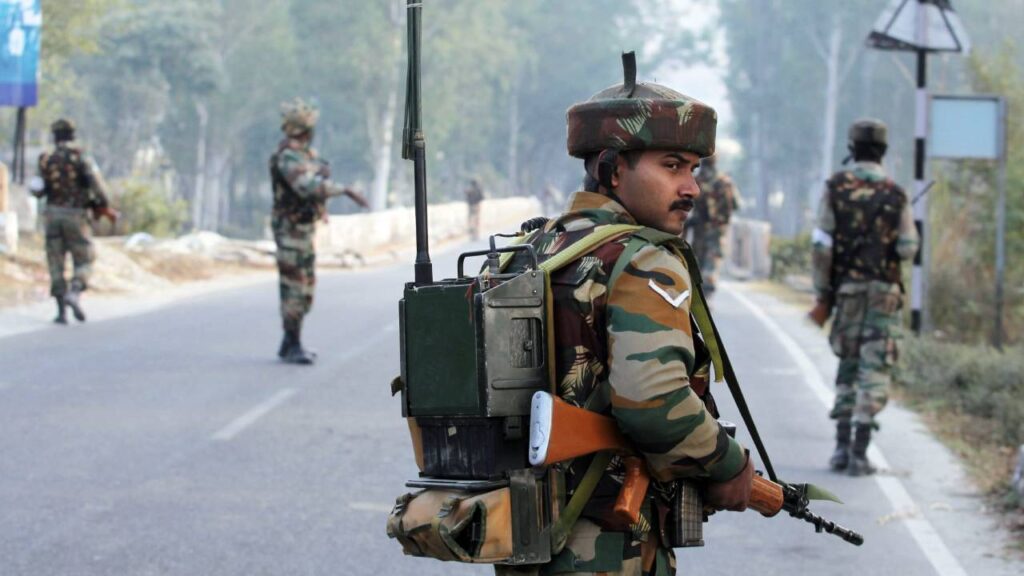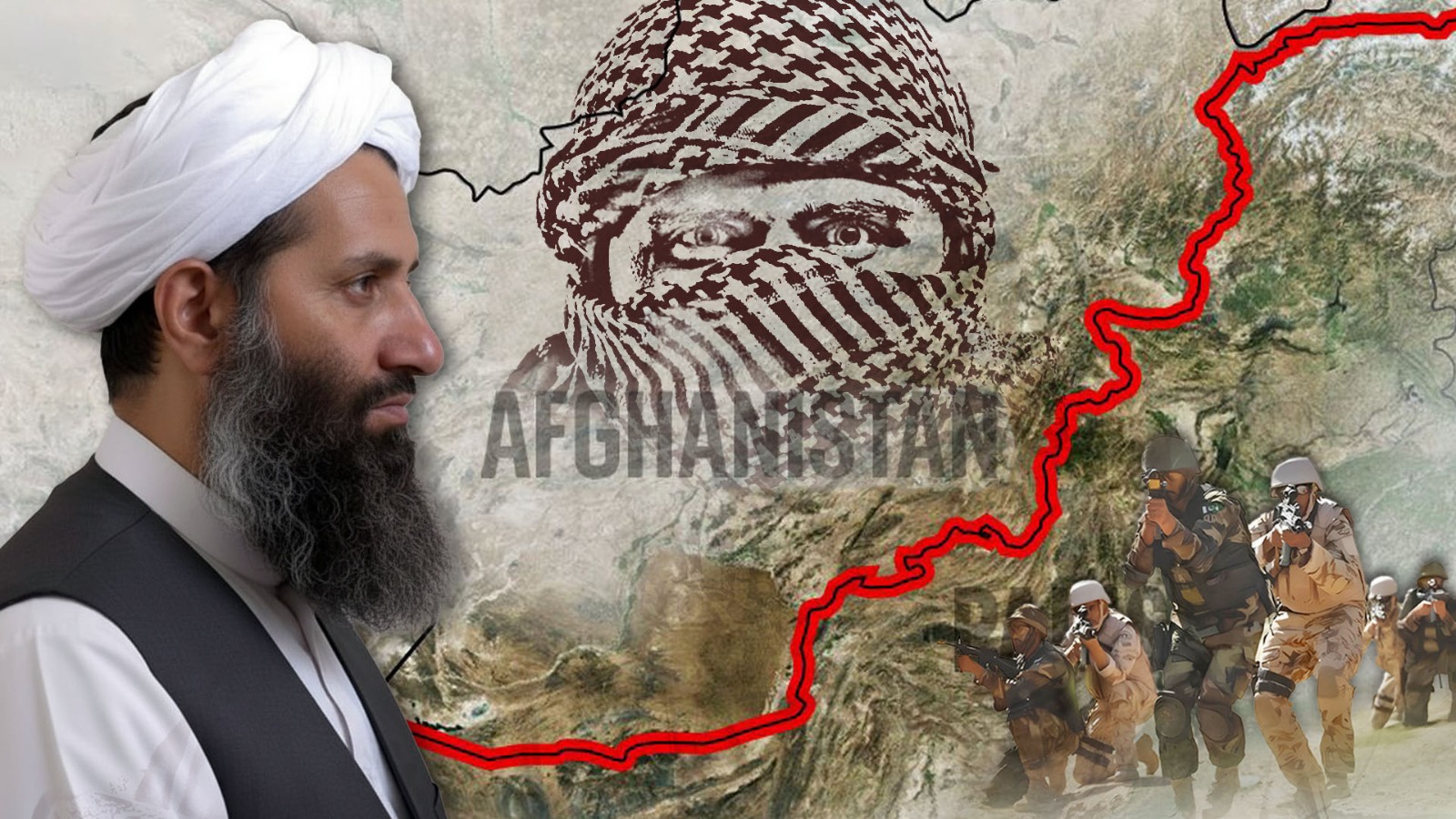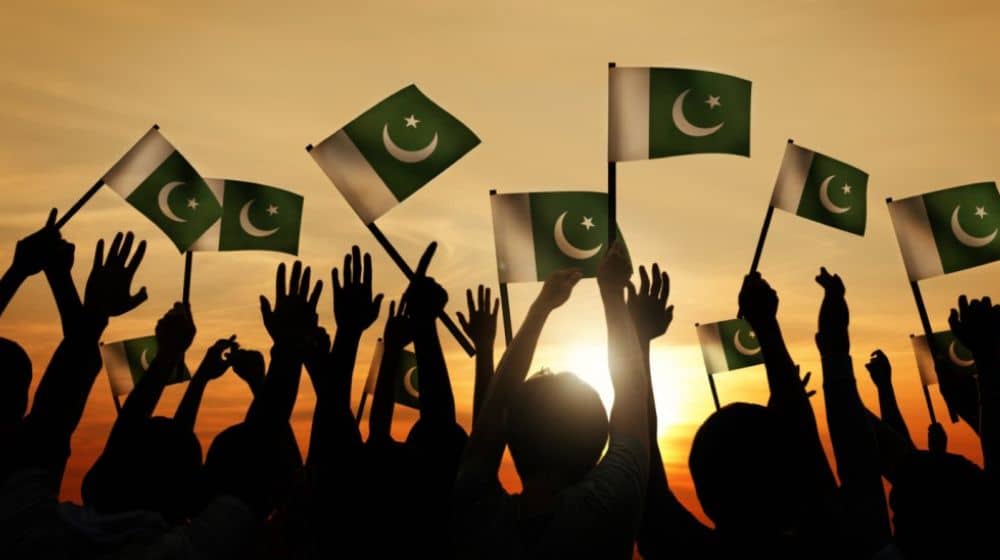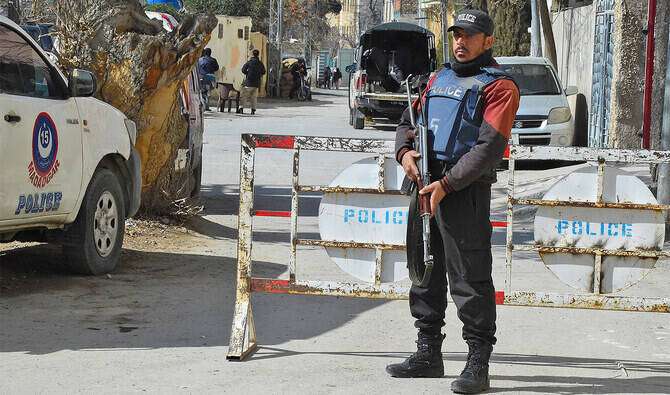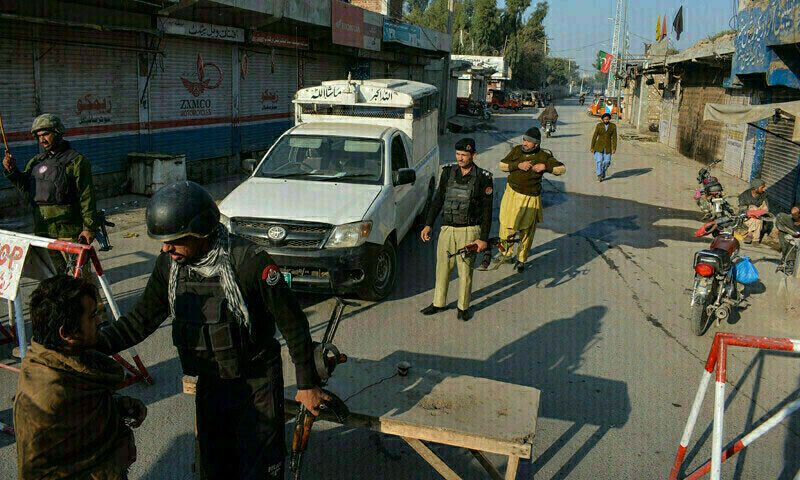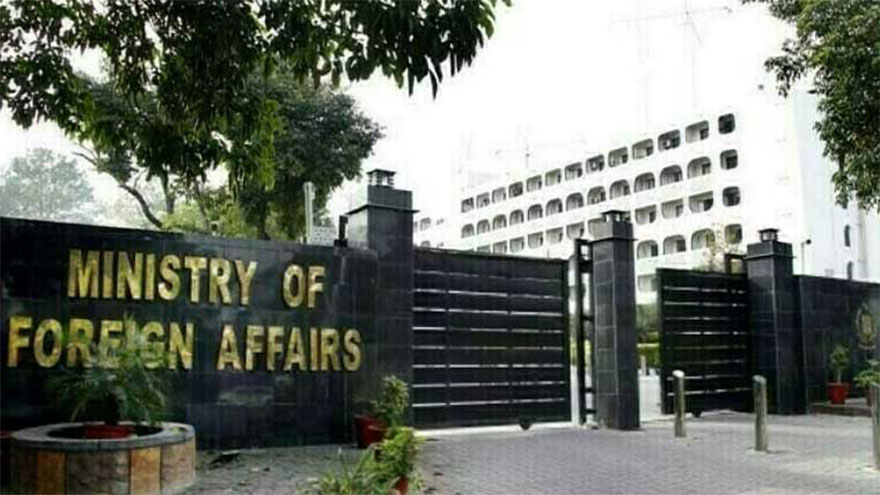A Mirror That Will Not Oblige
Few strategic parallels inflame New Delhi’s imagination like Israel’s decades-long terror domination and occupation of Palestine. To be able to use brute military force, rebrand an occupation as “counter-terrorism” and still receive almost unanimous Western support is, for much of India’s hard-right establishment, the perfect example of “national power.” But that same leadership faces a stubborn geopolitical reality that will not bend: a sovereign, nuclear-armed Pakistan that can respond tit for tat to any Indian adventurism. This vivacious disjuncture between aspiration and reality, and the ideological frustrations it spawns, is at the core of South Asia’s most volatile rivalry.
Israel’s Template of Militarised Apartheid
The permanent occupation of Palestinian territory by Israel is secured through a regime of legal, political, and military control that, as an increasing number of Israeli and international human rights organizations have observed, resembles the definition of apartheid under international law. Despite countless accusations of war crimes, excessive use of force, and violation of fundamental rights of Palestinians, Israel has succeeded in perpetuating Western military and diplomatic support. And its rule has been one of very light geopolitical cost for something so dominant, a model of authority over all that is confrontational, even belligerent militarism, veiled by the rhetoric of self-defense.
India’s right-wing strategic class is full of admiration for Israel’s capacity to act with impunity. The very image of exercising unquestionable rule over a contested territory, crushing opposition through overwhelming power, and hailing belligerence as “national security,” the imagery may be, but is very much conceived as the badge of a muscular nation-state. It is the dazzling infatuation with military warfare, with deterrence and information dominance, that Israel practices, which so inflames their strategic imagination.
Hindutva’s Love-Affair with the “Zionist Model”
It’s not a concealed admiration, and it’s not new. Hindu nationalist ideologists have for decades admired Israel as a model of a confident, culturally homogenous, security-conscious state. With the ascendancy of the BJP and the maturing of Hindutva politics, this crush has swollen into a semi-official dogma.
India’s defense and intelligence relationship with Israel has thrived in this ideological consonance. Israel has also supplied India with military technology, including drones, electronic warfare systems, and precision-guided munitions, and Indian security officials have publicly mentioned a desire to adopt some of Israel’s methods for counterinsurgency and control of its borders.
As is the case whenever conflict flares up between Israel and Palestine, New Delhi walks a line in its official position that is sympathetic to the Zionist narrative. Support is cast in the language of common struggle against “Islamic terrorism” and the right to protect territorial integrity, ostensibly a riposte to Israel’s rationalizations for its behavior on the Gaza Strip or the West Bank. The implication is this: India wants more than strategic alignment; it wants mimicry and an unchallenged right to impunity.
Kashmir: Misfired Copy-Cat Attempt
Nowhere is this imitation more evident than in Kashmir. The revocation of Article 370, which removed Jammu and Kashmir’s special constitutional status, was widely interpreted as the first serious effort to “Israelize” the region. It capped an unprecedented military crackdown, a near-total communication blackout, and the execution of a series of domestic law reforms aimed at effecting sweeping demographic changes.
India was working to stifle dissent with a mix of brute-force military tactics, surveillance, and shaping the narrative. Resistance was branded terrorism; activists were depicted as foreign proxies; and donors’ international appeals were denigrated as meddling in sovereign affairs. On paper, it was a cut-and-paste from Israeli control in the West Bank.
But Kashmir isn’t Palestine, and here is where India’s plans started crumbling. Unlike Palestinians, Kashmiris have a border with Pakistan, a legitimate state, with conventional military power and a credible nuclear deterrent. Any attempt to carry out large-scale coercive operations in Kashmir would put Islamabad under pressure to come up with a direct response, not the one-sided dominance Israel exercises over Gaza or the West Bank. It probably couldn’t wish away, either, a military and diplomatic reality that seemed to hem the Indian establishment in. That was a truth the Indian side felt even more acutely after Pakistan came into the army and diplomatic annexes and plundered India’s morbid narrative, so effectively that the world finally took notice.
Pakistan: The Inconvenient Obstacle
At the core of India’s inability to emulate Israel’s sense of impunity is Pakistan. Unlike in Palestine, Pakistan is a state actor that one dare not ignore; it is replete with the kind of red lines that can be enforced. The existence of the CPEC though soaks in its anguish with a centrist come back of its own empowered by its expanding nuance of strategic relations with larger players such as China, Turkey, the gap between Indian and Pakistani conventional forces and a credible asymmetrical deterrent has helped Pakistan not become marginalize or divorced from the terms that reality dictates. The resilience of Pakistan is a constant reminder to India of the considerable challenge it poses.
Pakistan’s reactions to Indian provocations through the years have only strengthened this fact. Whether it was the Balakot strikes of 2019 or the more ambitious Pahalgam narrative confrontation in May 2025, Pakistan demonstrated multi-domain readiness, integrating air power with diplomacy and narrative control, in its response to Indian attempts at unilateral escalation.
India ignores these realities at its peril. Islamabad’s strategic position makes a protracted Indian adventurism a hazardous proposition, which could turn into a regional or even global conflagration. This organizing principle of Indian ambition distinguishes Kashmir from Palestine and Pakistan from the Palestinian Authority. It is also the wellspring of India’s sustained strategic jealousy and frequent geopolitical tantrums.
Narrative Frustration and Information War
Israel is a master of the battle of the narrative. With deep roots in Western policy making, strong media-dominated alliances, and much focus on its heroic story, the Jewish state has managed to protect itself from global condemnation at all, even when it is the worst violator of international human law.
India, which spares no expense in PR, media alliances, and digital diplomacy, has not been as successful as China. Kashmir’s contrasting international narrative remains a matter of dispute. Through the instrument of the OIC and by engaging the broader human rights framework at the global level, Pakistan has rightly been able to establish a narrative that Indian abuses in Kashmir are to be condemned.
In addition, India’s domestic human rights record, which includes anti-Muslim pogroms, press suppression, and internet shutdowns, belies its pretensions to being a liberal democracy under siege. These contradictions undermine New Delhi’s international narrative, unlike Israel, which still claims to be the lone democracy in the Middle East despite its occupation policies.
The Psychological Complex: Strategic Frustration
For India’s strategic elites, failing to outdo Pakistan is not merely a tactical annoyance; it represents a deep-seated ideological dissonance. Hindutva’s entire rationale is predicated on the belief in civilizational superiority and historical vengeance. Pakistan, a Muslim-majority successor state that not only survived but in some ways has matched India in power, is a stubborn counterexample to that story.
Every attempt to “settle the Pakistan issue” once and for all, whether by war, subversion, or control of narratives, has petered out or attracted global attention. This circular cycle of frustration feeds a negative feedback loop: the more Pakistan resists, the more India raises the stakes in its quest for a bleeding but symbolic victory.
But strategic overreach has its price. India has repeatedly been forced to recalibrate due to international backlash, economic slowdowns, and military blowback. Yearning to emulate Israeli impunity, India remains fettered by Pakistan’s resoluteness, contradictions, and the shift in the balance of power towards a multipolar world.
Implications for the Region
South Asia is one of the most heavily militarized regions of the world, and the India-Pakistan dynamic is the most volatile fault line. While India seeks to emulate Israeli dominance, it risks falling into a trap of false equivalence. The belief that whatever succeeds in the Middle East will similarly thrive in South Asia is both ahistorical and ignorant of regional geopolitics.
Pakistan faces the challenge of maintaining credible deterrence without falling into the trap of reactive policies. Strategic clarity, diplomatic engagement, and a nimble information strategy are key. Pakistan can highlight and expose Indian aggression and false flag operations and form global partnerships, which has become its ‘real’ strategic strength.
For India, the path ahead requires a realistic reassessment of its objectives. Occupation without responsibility is not a long-term solution. Nor is there one that narrative predominance would make up for military constraints and diplomatic isolation. India would be better off acknowledging the specificity of its regional environment and adjusting its mission accordingly, rather than chasing the illusory Israeli genie. There is no victory but peace with Pakistan that can open the doors to progress, stability, and equilibrium. India finally has to face the reality it does not want to be true, for which it has itself to blame (in its high-minded arrogance).
The impertinence in Israel’s impunity is not only military; it is also geopolitical alignment, strategic patronage, and, above all, narrative control. India, despite its efforts, lacks the necessary structural conditions to do so. So their somewhat successful effort of acting like Israel has not been because of a lack of desire, but because of the continued existence of a strong and defiant Pakistan.
As long as Pakistan continues to be a Great Power, a sovereign actor equipped with the capacity and the will to push back, India’s dream of being the sole driver will remain just that, a dream. And in that difference lies the essential distinction between the Middle East and South Asia: One side faces a stateless people, while the other faces a state that fights back.

